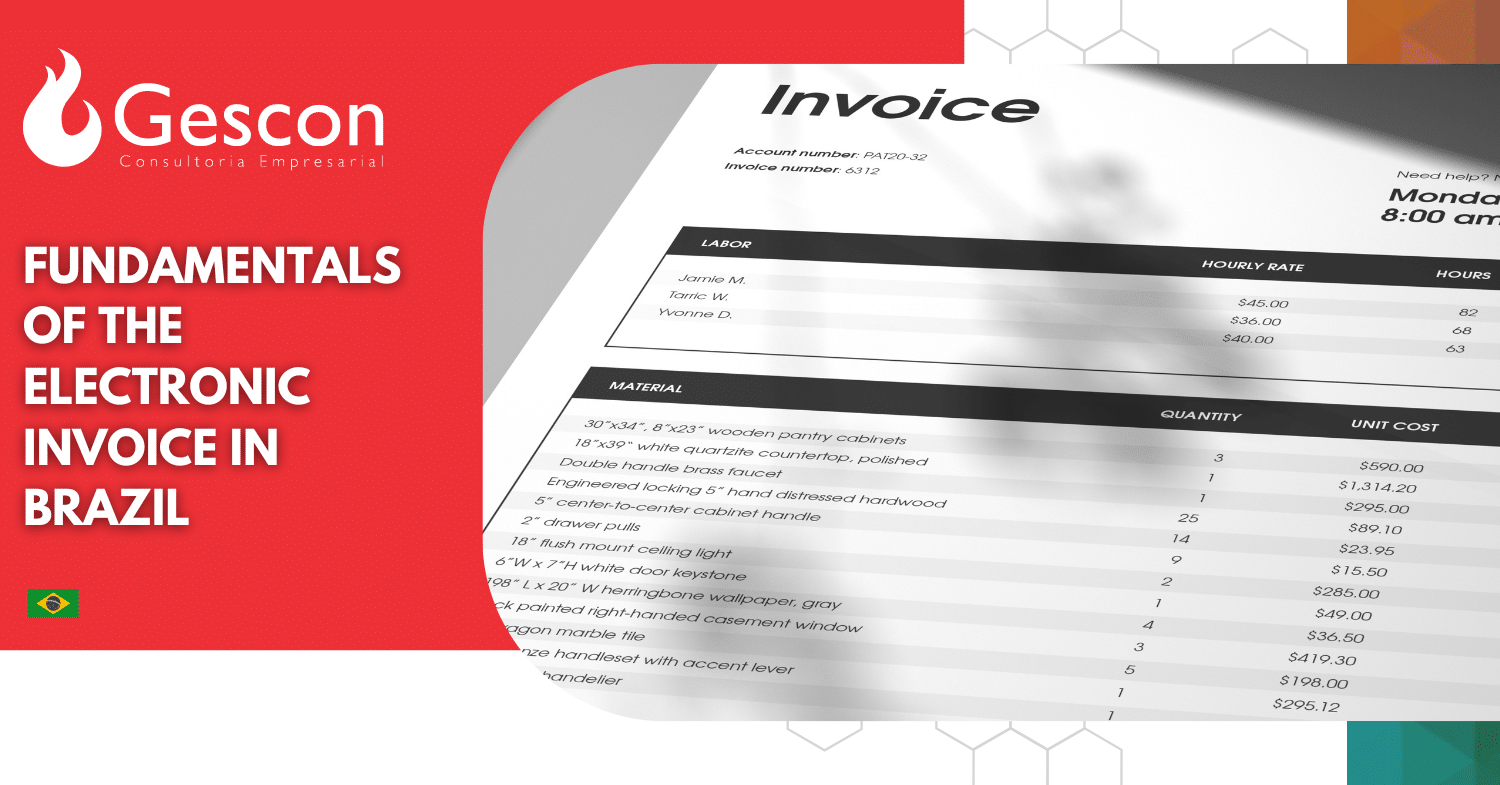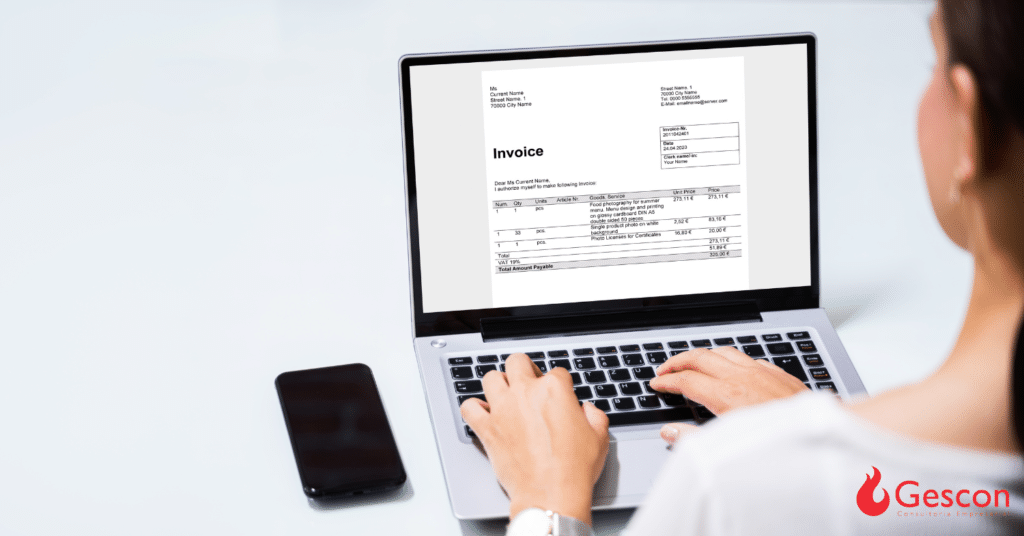Address
304 North Cardinal St.
Dorchester Center, MA 02124
Work Hours
Monday to Friday: 7AM - 7PM
Weekend: 10AM - 5PM
Address
304 North Cardinal St.
Dorchester Center, MA 02124
Work Hours
Monday to Friday: 7AM - 7PM
Weekend: 10AM - 5PM


The Electronic Invoice (NF-e) is a fundamental pillar in Brazil’s invoicing structure, serving as a digital document that authenticates, records, and validates commercial transactions in real-time. Understanding the fundamentals of the Electronic Invoice in Brazil is crucial for navigating and complying with this system. The modernization of this system has not only optimized business processes but also strengthened government control over tax collection and transaction oversight, significantly reducing tax evasion. In this article, we will explore how the Invoice system works in Brazil, its features, types, benefits, and how it differs from the international concept of invoices. This will provide a comprehensive understanding of the fundamentals of the Electronic Invoice in Brazil.

The Electronic Invoice emerged as a natural evolution from the old paper invoice, which was manually filled out in multiple copies, making it a bureaucratic and error-prone process. With digitization, the NF-e is now issued and stored electronically, facilitating integration with enterprise resource planning (ERP) systems and speeding up the invoicing process. These developments highlight the fundamentals of the Electronic Invoice in Brazil and its importance in modernizing fiscal processes.
This shift has brought numerous benefits, such as reducing paper usage, enhancing government fiscal control, and standardizing tax information. The NF-e is integrated into the Public Digital Bookkeeping System (SPED), which centralizes and standardizes tax auditing, contributing to a more transparent and efficient economy. Understanding these benefits is part of mastering the fundamentals of the Electronic Invoice in Brazil.
In Brazil, the NF-e is not the only electronic fiscal document available. There are various types, each serving a specific purpose:

The adoption of the NF-e in Brazil has brought several advantages for both the government and businesses:
While the Brazilian NF-e is a complex document that must meet several technical and legal requirements, international invoices are generally simpler documents used to formalize commercial transactions. Abroad, an invoice can be generated in any text editing software, containing basic information such as the buyer’s name, sale value, and transaction date. However, to meet Brazilian requirements, foreign companies operating in Brazil need to adapt their processes to the NF-e format, which includes obtaining a digital certificate and complying with local tax regulations. These differences underline the fundamentals of the Electronic Invoice in Brazil compared to international invoicing practices.

The digital certificate is a key component for issuing NF-e in Brazil. It ensures that the issuing company is who it claims to be, functioning as a digital signature that authenticates the validity of the issued invoices. For foreign companies, obtaining a digital certificate can be challenging, requiring the appointment of a legal representative in the country. This representative will be responsible for managing the certificate and ensuring the company’s compliance with tax obligations. This process is an essential aspect of understanding the fundamentals of the Electronic Invoice in Brazil.
The invoicing structure in Brazil is a robust and complex system designed to ensure fiscal transparency and efficiency in tax collection. For companies wishing to operate in the country, it is essential to understand the NF-e requirements and the differences compared to international invoices, ensuring compliance with local regulations and avoiding fiscal issues. Therefore, mastering the fundamentals of the Electronic Invoice in Brazil is indispensable for seamless operation.
For those who wish to delve deeper into the subject and understand all the implications of the NF-e and SPED, an excellent source of information is the Portal Tributário (https://www.portaltributario.com.br), which offers updated content on tax and fiscal legislation in Brazil.